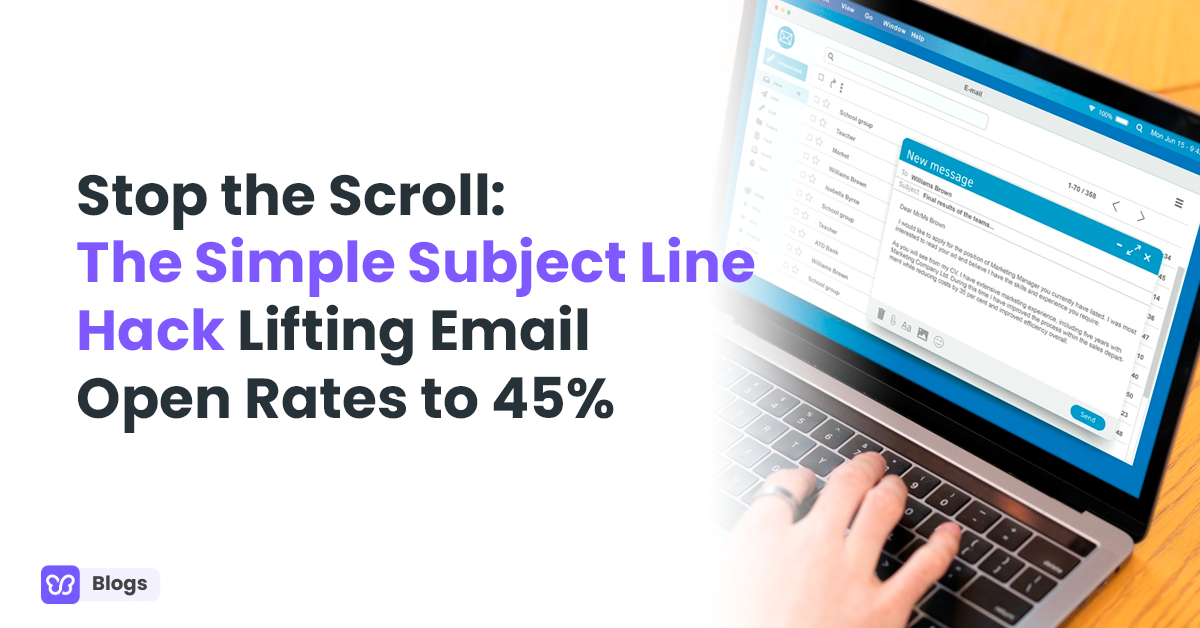Using market basket analysis, you gain many benefits. Let’s look at some of the highlights.
Finds cross-selling opportunities in frequently bundled purchases

Image sourced from zipdo.co
From analysis, you can see that customers often buy products together. For example, you might find that customers are often buying laptops and laptop bags. Other customers, on the other hand, go elsewhere to find a cheaper deal. By bundling these products together into a special deal, you boost the chances of making a larger sale.
Bundles can also make a more pleasurable buying experience for the customer. Instead of going through your store and adding each product manually, they can take advantage of the bundle. In this sense, market basket analysis can even help you to boost customer satisfaction.
Personalizes recommendations relevant to shopping patterns

Image sourced from segment.com
Regardless of whether you’re running a B2C or a B2B e-commerce operation, all customers like personalization.
That’s why 69% of business leaders are increasing their investment in the tactic. Customers like experiences that are tailored to their wants and needs.
Looking at factors like purchase history, you can better understand customers on a granular level. Using this information, you can better recommend products that they might enjoy. Customers have to spend less time searching your store to find the product for them. There’s less chance they’ll go elsewhere, and you have a higher chance of making a sale.
Aids product demand forecasting and prevents stockouts

Image sourced from meteorspace.com
The process of ordering stock can be tricky. Order too much, and there’s a risk that products could sit around for extended periods. During that time, you’ll be filling space that could be used for more valuable products. On the other hand, there’s the risk of ordering too few products and selling out. Customers will be disappointed and unable to get the items they want.
Market basket analysis helps you to better understand the demand for individual products. Looking at historical purchase trends, you can determine how a product is likely to perform in the future. Basing your orders on data, you increase the chances that you’ll order the correct amount.
This data can even be used to bolster your wider supply chain optimization operation. Data will be an essential part of implementing technologies such as AI and the Internet of Things into your supply chain.
Improve product visibility and inform placement decisions
Where you choose to place your product in your online store has a big impact on its saleability. This is no different from a physical store – the product at the back of a shop won’t get as many views as the item by the door. However, finding the perfect spot to attract the most customers is difficult. Not every product can be at the top of the page.
With an understanding of the behavior of customers, you can create better product placements. For instance, if you know that customers tend to buy eggs and flour together, have them on the same page.
Monitors changes in customer preferences and buying habits
Customers aren’t static; their habits and preferences will change over time. What’s ‘in’ today probably won’t be a hit tomorrow. Adapting alongside customer preferences is key to e-commerce success.
Market basket analysis is the quickest way to spot changes in buyer behaviors. Are customers starting to prefer different combinations of products? If so, get in early and start capitalizing on these new behaviors. Alter store layout, bundles, and featured products to match customer’s latest interests.
Supports strategic pricing decisions and effective promotions
Effective promotions are key for bringing new customers to your e-commerce store. Promotions are all about finding the most appealing way to present your products. With a greater understanding of buyer preferences, you’ll be able to create more relevant adverts.
Below are some of the ways that market basket analysis can boost your promotions.
- Feature products that are bought together in promotional images
- A discount on bundled items
- Use historical sales data to remarket to customers who have previously invested in product combinations.





